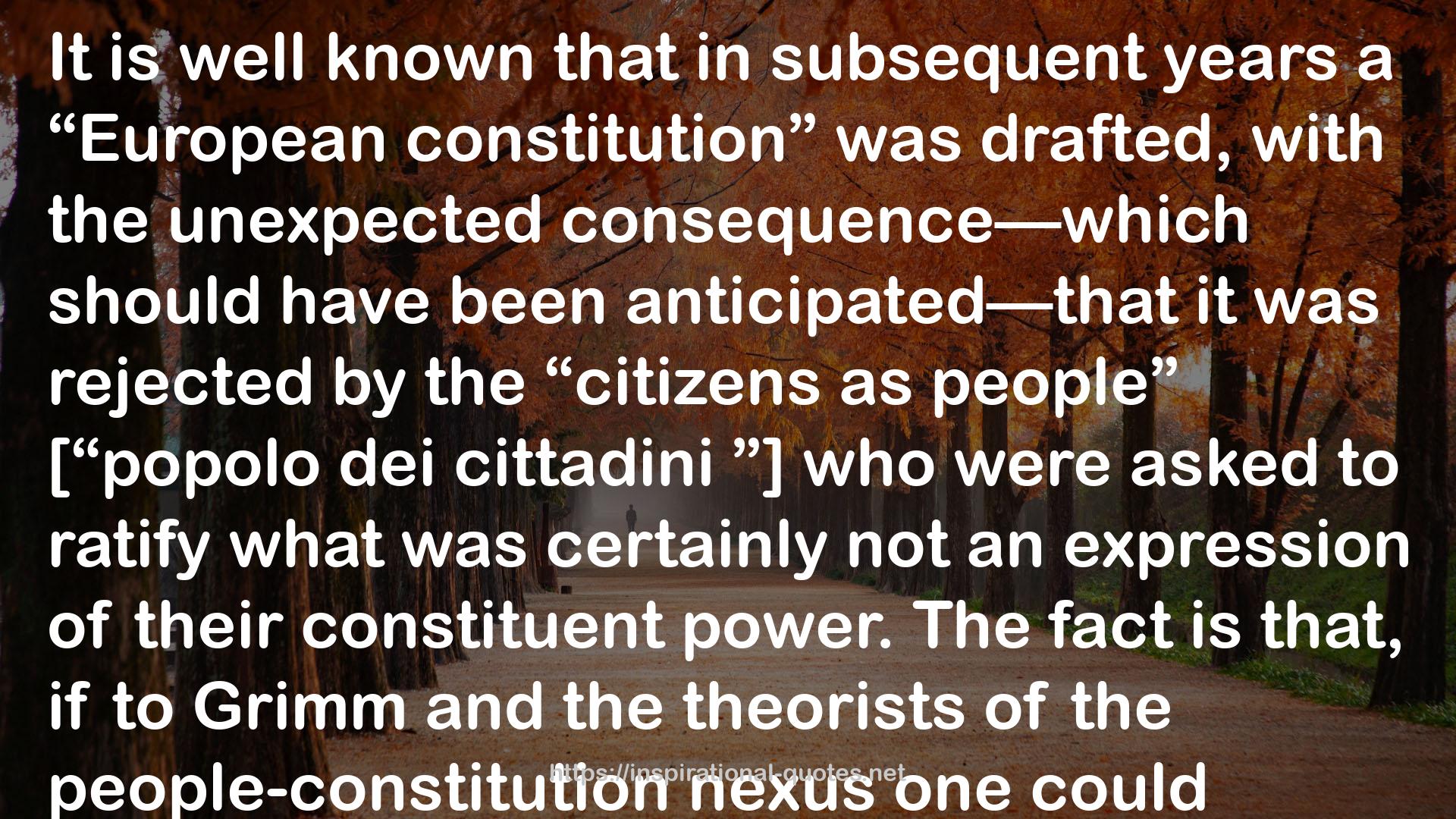The Omnibus Homo Sacer QUOTES
SOME WORKS
- The Ice Beneath Her (Flickorna och mörkret, #1)
- After She's Gone
- Dvalan (Flickorna och mörkret, #3)
- The Death of Character: Moral Education in an Age Without Good or Evil
- Law, Pragmatism, and Democracy
- Sex and Reason
- The Voyeur's Motel
- The Bridge: The Building of the Verrazano-Narrows Bridge
- The Gay Talese Reader: Portraits and Encounters
- Robert Kennedy: His Life

